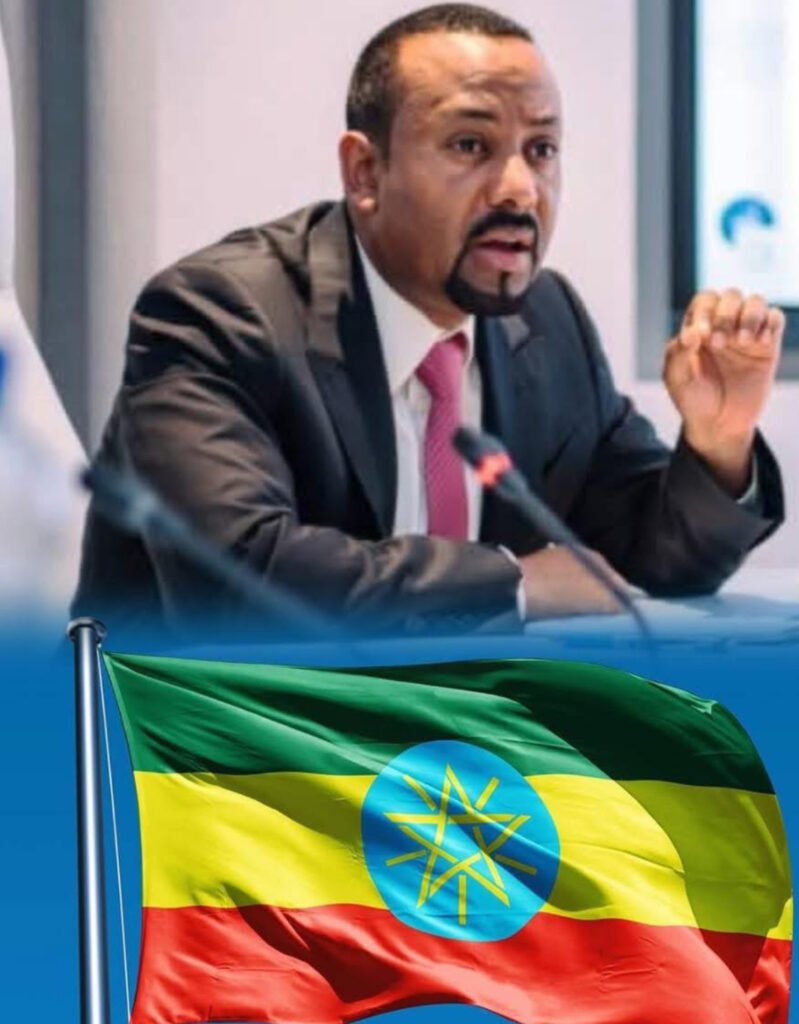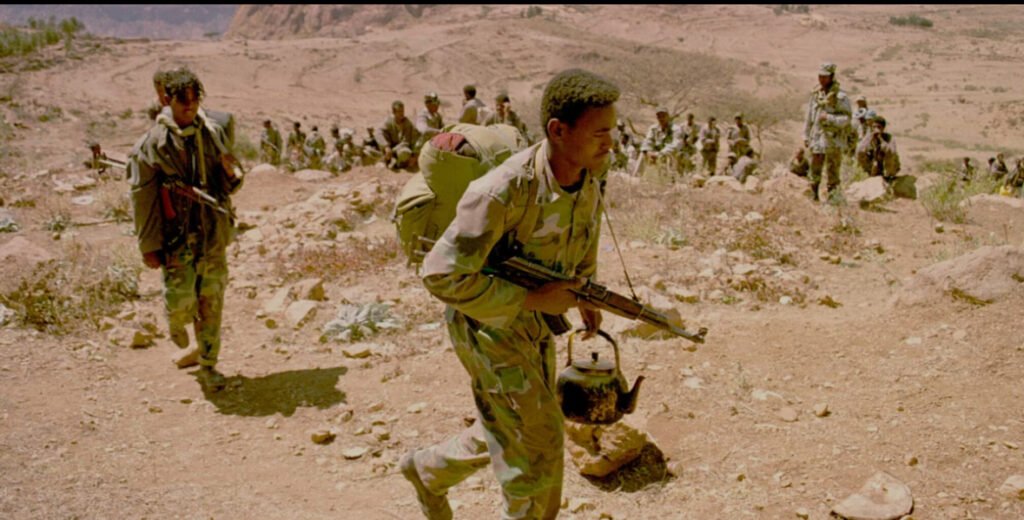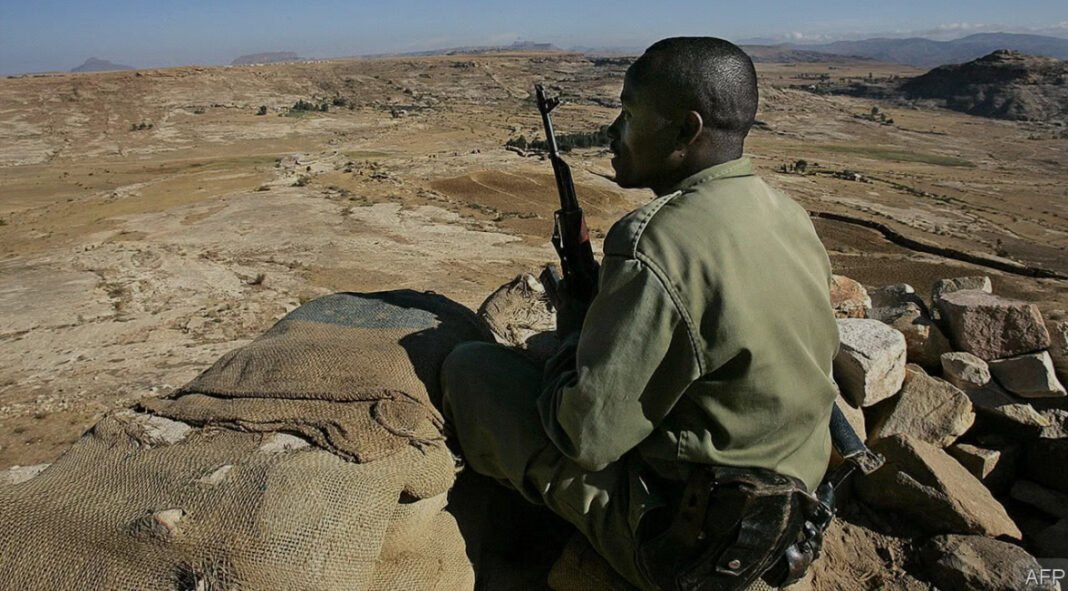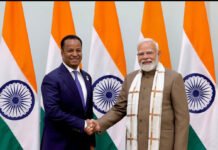By Horn Africa News
Ethiopia and Eritrea, two nations with a long history of conflict and uneasy détente, are again drawing international attention following statements by Ethiopian Prime Minister Abiy Ahmed about strategic recalibration. In a recent address, Abiy remarked, “Ethiopia’s biggest mistake was relinquishing access to Eritrea’s Port of Assab. We will soon correct this mistake and regain our maritime advantage.”

His remarks have reignited debate over the balance of military and economic power in the Horn of Africa, a region where historical grievances, border disputes, and strategic ambitions intersect.
Military Comparison
Ethiopia:
- Population: Over 120 million, providing a substantial recruitment base.
- Military Strength: Approximately 150,000–160,000 active personnel, supported by a comparatively modern air force.
- Support Networks: Receives diplomatic and logistical backing from international partners, including Qatar, Turkey, and China.
Eritrea:
- Population: Around 3.5–4 million.
- Military Strength: Estimated 200,000 troops, largely conscripted under mandatory national service. Eritrean forces are battle-hardened, disciplined, and experienced in prolonged conflict.
- Capabilities: Known for guerrilla-style operations and strategic maneuvering; historically capable of sustaining asymmetric warfare, including engagements in Tigray and past confrontations with Ethiopia.

Analysts caution that while Ethiopia’s numerical superiority and technological edge may favor conventional warfare, Eritrea’s experience in asymmetric tactics could prolong conflict and offset numerical disadvantages.
Economic Comparison
- Ethiopia’s GDP: Approximately $150 billion USD, with a rapidly growing economy despite domestic political instability.
- Eritrea’s GDP: Around $2 billion USD, heavily reliant on livestock, mineral exports (notably gold and copper), and remittances from the diaspora. International sanctions and isolation have constrained Eritrea’s economic flexibility and infrastructure development.
Ethiopia’s strategic ambitions are reinforced by external support, shaping the regional power equation. Eritrea, meanwhile, leverages disciplined military units and strategic positioning to mitigate economic and numerical limitations.
Regional Implications
The Horn of Africa’s fragile security landscape means that any escalation could have far-reaching consequences, not only for Ethiopia and Eritrea but also for neighboring countries dependent on regional stability for trade and security. Analysts warn that a potential conflict could quickly draw in external actors and complicate ongoing peace and development initiatives.
While Ethiopia maintains an upper hand in conventional military and economic terms, Eritrea’s historical resilience, tactical expertise, and capacity for asymmetric warfare suggest that any confrontation would be costly and protracted. The region watches closely as these two nations navigate a tense mix of ambition, historical grievances, and strategic calculation.




